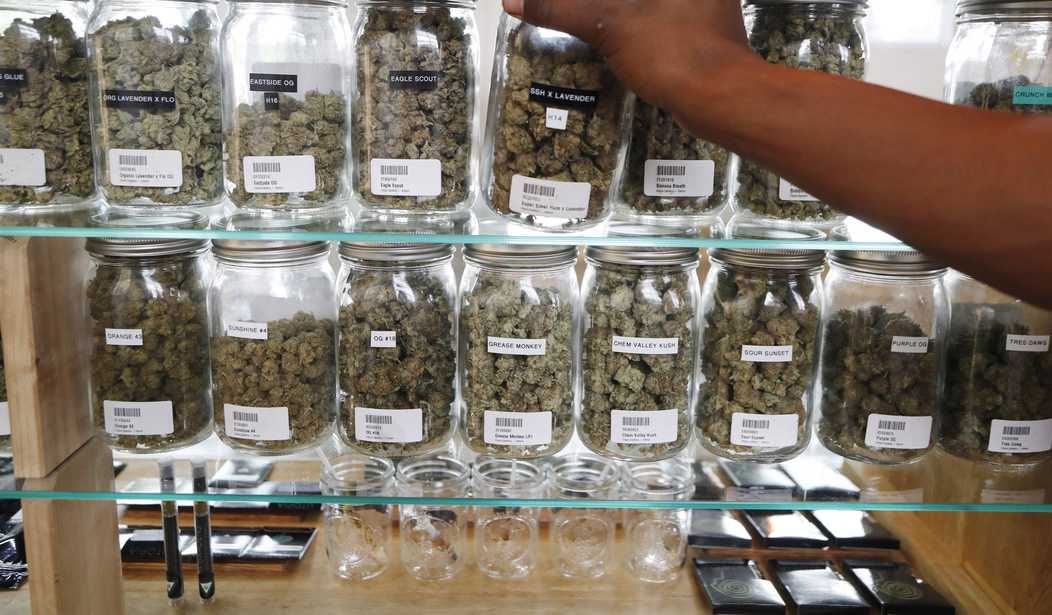The federal prohibition on gun ownership for users of marijuana has taken another hit (so to speak) with a U.S. District Judge in Texas ruling that the current law is unconstitutional.
In her ruling, Judge Kathleen Cardone said that the case against a woman named Paola Connelly suffers from several fatal flaws. First, Connelly is a part of “the people” whose right to keep and bear arms shall not be infringed, despite her admitted use of marijuana. The Biden administration had once again argued that the Second Amendment only applies to “law abiding citizens”, but Cardone pointed to the recent Fifth Circuit decision in U.S. v. Rahimi to conclude that Connelly’s suspected criminal conduct isn’t enough to deprive her of her right to keep and bear arms.
As it has in previous cases involving the same law, the Biden administration argued that the gun ban for marijuana users meets the Bruen test because it is “relevantly similar” to colonial and state laws forbidding people to publicly use or carry guns while intoxicated. Like U.S. District Judge Patrick Wyrick, who deemed that ban unconstitutional in an Oklahoma case last February, Cardone was unpersuaded by that analogy.
“The historical intoxication laws cited by the Government generally addressed specific societal problems with narrow restrictions on gun use, while § 922(g)(3) addresses widespread criminal issues with a broad restriction on gun possession,” Cardone notes. “The laws, therefore, are not relevantly similar in how and why they regulate firearms, and do not suffice to establish the constitutionality of § 922(g)(3).”
A 1655 Virginia law, for example, prohibited “shoot[ing] any gunns at drinkeing (marriages and ffuneralls onely excepted).” To show why that law is not “relevantly similar” to the ban that Connelly challenged, Cardone draws an analogy with contemporary laws that prohibit driving under the influence (DUI).
“The Virginia law regulated guns in much the same way,” Cardone writes. “It prevented individuals from using dangerous equipment while intoxication might impair their abilities and judgment. Consider instead a law that would prevent individuals from possessing cars at all if they regularly drink alcohol on weekends. Nobody would say that this hypothetical law is similar to DUI laws in how it regulates cars. The hypothetical law’s focus on possession, rather than use, of the vehicle imposes a much greater burden on drivers. A similar distinction exists between § 922(g)(3) and the Virginia law.”
Honestly, I don’t see how the DOJ can wrestle with the undeniable fact that the current prohibition on gun ownership for marijuana users is nowhere close to the laws and statutes they cite, which as Cardone pointed out were limited to restricting or banning firearm use while intoxicated. Of course, that’s only one of the flaws in the Biden administration’s argument. Equally disturbing is the DOJ’s assertion that any violation of any law, no matter how minor, could be cause for someone to lose their right to keep and bear arms forevermore.
Cardone’s decision will likely be appealed to the Fifth Circuit, while the DOJ has already asked the Supreme Court to weigh in on the Rahimi decision, which could have major implications for the future of § 922(g)(3). The defendant’s reply to SCOTUS isn’t due for another month or so, and it’s unclear when the Court might actually take up the case, but we shouldn’t have to wait too long to learn if there are four justices ready to wade in and address the DOJ’s argument that using marijuana or any other violation of the law is cause to strip someone of their Second Amendment rights.








Join the conversation as a VIP Member